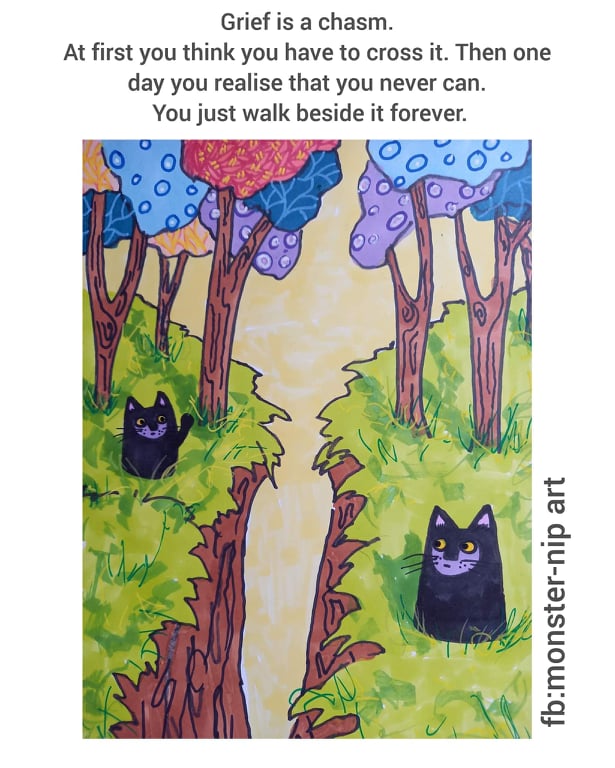|
Tomorrow is the sixth anniversary of Tim’s sudden and unexpected death. For each milestone date I’ve found the run up to be much harder than the day itself, and I expect this year to be the same. What has changed is the length of the run-up.
In the first few years it began on my birthday, which was also our wedding anniversary, in September. It continued through his birthday in December, Christmas, New Year and then to his death in February. Now, I can raise a glass and remember him on those dates, and the run up period doesn’t begin for me until February. In the early days of grief, it surrounds us, and its rawness is part of our every waking moment. Over time, in my experience, grief softens and becomes less raw, and while it remains the same size and stays with us always, our lives grow around it.
0 Comments
The first feeling I had when Tim died was numbness. His death came out of nowhere, and I went into shock. I felt like I was separate from everything, and was watching myself and the world around me from a great height. This is known as dissociation. I also shut down – I didn’t only not feel grief, I didn’t feel anything at all. Both of these are totally normal responses to trauma, particularly in the early days.
Later on, there were times where I worried that I was coping too well. I wasn’t sobbing all the time. I was working and coping. And feeling guilty because I was working and coping. Someone told me about the dual process model, where grieving people switch between modes of coping and grieving. I thought of it as my mind protecting me from grief some of the time. The feeling of numbness can last, and this may leave grievers feeling that they aren’t grieving ‘properly’. It can just be a different way of grieving – not everyone grieves publicly, and all experiences of grief are different. However, if how you are feeling is affecting how you live your life, find someone to talk to – a friend, family member, support group, doctor, counsellor or psychotherapist. Valentine’s Day is coming up. As a day focused on romantic love, it’s a tough one for many widows, and like all milestones, the first can be the hardest. Also, like other milestones, the run up to it may be harder than the day itself
What to do on the day
Some online marketing companies offer the opportunity to opt out from Valentine’s Day messaging (this can also be an opportunity to unsubscribe from all the marketing emails that are cluttering your inbox). And if it helps – Valentine’s Day has a pretty dark origin story. Alternatives to Valentine’s Day
|
AuthorI was widowed at 50 when Tim, who I expected would be my happy-ever-after following a marriage break-up, died suddenly from heart failure linked to his type 2 diabetes. Though we'd known each other since our early 20s, we'd been married less than ten years. Archives
July 2024
Categories
All
|





 RSS Feed
RSS Feed